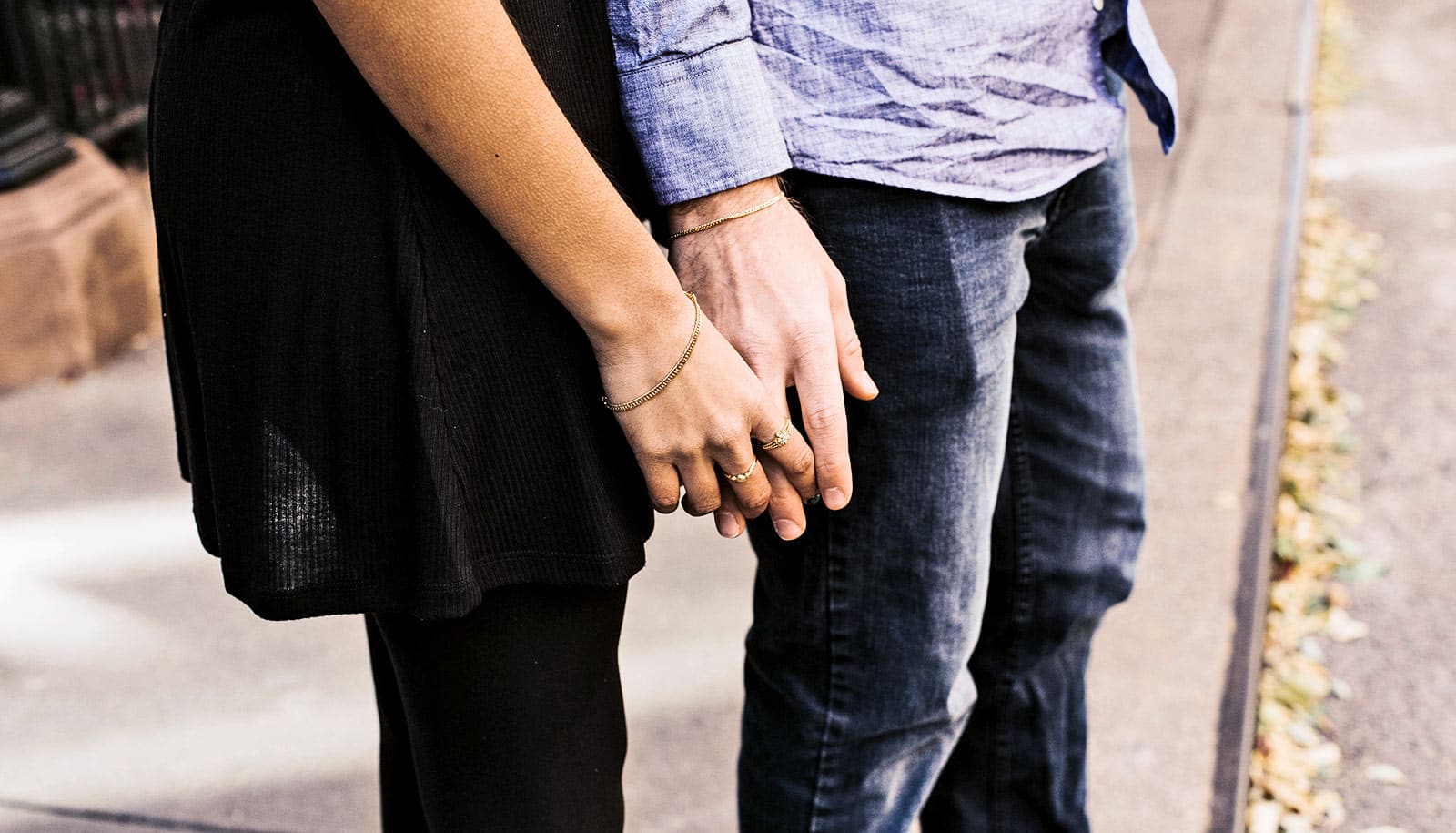Facing discrimination can have negative health consequences not only for the victim but also for their romantic partner, research suggests.
The work, which analyzed a nationally representative sample of nearly 2,000 couples, considers how the discrimination experiences of both people in a relationship are tied to their health.
“We found that when an individual experiences discrimination, they report worse health and depression. However, that’s not the full story—this stress spills over and affects the health of their partner as well,” says William Chopik, an assistant professor of psychology at Michigan State University who conducted the study with current and former students.
The researchers studied the survey data of 1,949 couples ranging in age from 50 to 94. Survey participants reported on incidents of discrimination, as well as on their health, depression, and relationship strain and closeness.
Chopik says the study found that it didn’t matter where the discrimination came from (e.g., because of race, age, gender, or other factors). “What matters is that they felt that they were unfairly treated. That’s what had the biggest impact on the person’s health.”
To stop racist comments, call them out
And that discrimination had a spillover effect on the person’s spouse or partner. Because people are embedded in relationships, what happens in those relationships affects our health and well-being, Chopik says.
“We found that a lot of the harmful effects of discrimination on health occurs because it’s so damaging to our relationships,” he says. “When one partner experiences discrimination, they bring that stress home with them and it strains the relationship. So this stress not only negatively affects their own health, but their partner’s as well.”
The findings appear in the journal Social Psychological and Personality Science.
Source: Michigan State University



